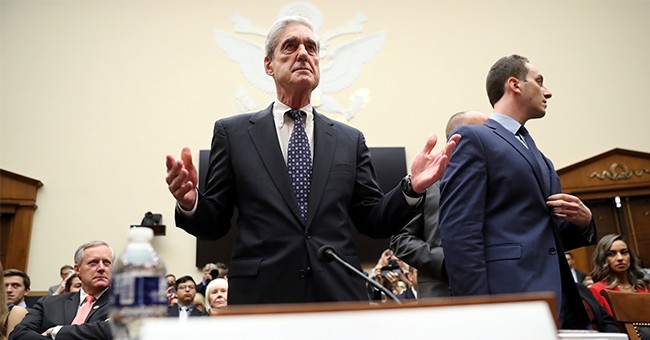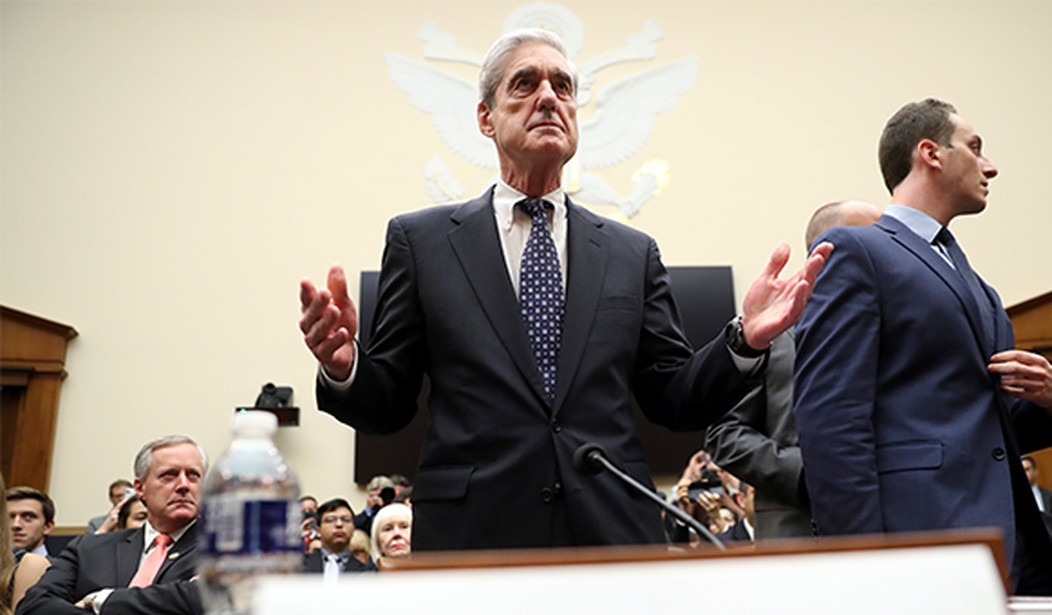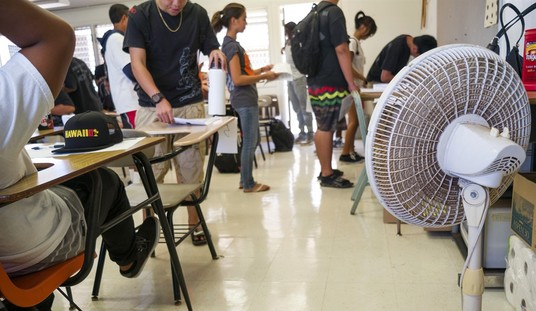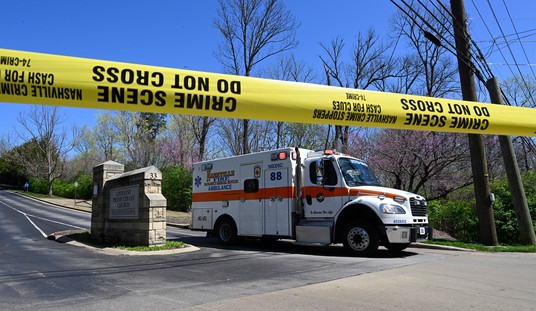
The news that iPhones used by prosecutors assigned to Robert Mueller’s Special Counsel’s Office were reset, with all data being lost following a remarkable series of similar calamities has set off endless speculation about what might have been on those phones — particularly what might the content of text messaging have been between members of the SCO, and with persons outside the SCO.
Initially, I was most curious about the timing of the deletions when juxtaposed against other significant events in the course of the investigation. But one issue I kept coming back to didn’t square up well with the theory that the SCO members came to some sudden realization that at some point in the future, either the IG or another investigative team would have cause to go back to those devices and examine the data contained therein.
Most notably, the idea that embarrassing — or maybe incriminating — text messages might one day become public for reasons that cannot be anticipated was driven home to the members of the SCO as early as August 2017 — just 3 months after Mueller was named Special Counsel — when the IG notified Mueller about the problematic texts between Peter Strzok and Lisa Page, which led Mueller to kick Strzok off the investigation.
So, I can’t buy into the idea that when members of the SCO were “wiping” their phones in 2018 it was as a result of some sudden realization that text messages and other data on the phones was information they did not want to be discovered either during or after the investigation.
Another key event on the calendar would have been the announcement — first internally at DOJ and later to the public — that the IG was going to conduct an investigation into the irregularities involving the Carter Page FISA application. Keep in mind that it was not the FISA investigation that revealed the Strzok-Page text messages; it was the previous IG investigation into Jim Comey’s conduct with respect to the Hillary Clinton email investigation called “Mid-Year Exam”, in which both Strzok and Page were significant participants. The IG wasn’t looking for “anti-Trump” messages as part of that investigation but came across the extreme anti-Trump sentiments exchanged between the two, knew they were now working on Crossfire Hurricane with the SCO, and took the concerns to the SCO for Mueller to consider.
I haven’t dug through the various documents in an effort to pin down specific dates for when the SCO was first notified by the IG about the problematic text messages found during the Mid-Year Exam review, or the dates when the IG announced that it was going to conduct a review of the Page FISA. But I didn’t see any obvious pattern in the “wiping” of the SCO phones that seemed to correspond to these events.
So, if there wasn’t some grand “epiphany” among the members of the SCO that they were all carrying around recording devices that they preferred not fall into the wrong hands with complete data on them, what might have been on the phones that at various points in time they wanted to remove and leave no trace of?
When I had a DOJ issued iPhone — and I had one for only a couple years before departing my employment — the explosion in the development of third-party apps had not yet taken place, and the “App Store” wasn’t a “thing” yet. The phones came with the Apple apps that are preinstalled and needed for some basic phone functions, but third-party apps weren’t installed — and I suspect (had I even known about them) that third-party apps would not have been allowed to be installed by the DOJ employee for security reasons.
But it was a different world by 2017-18 when the SCO was in existence.
My GUESS — and its 100% speculation — is that the discovery of the incriminating text messages between Strzok and Page, leading to Strzok’s removal from the investigation, was a “light bulb” moment for members of the SCO. They realized that they had no expectation of privacy in their communications with each other, and all the communications over their phones would be captured by normal DOJ procedures. Since the SCO operated outside normal DOJ oversight, I suspect that one or more of the more technologically literate among the SCO prosecutors suggested they install third-party apps such as Signal or WhatsApp to conduct secure text messaging outside DOJ monitoring.
This tweet from Bill Binney earlier today got my attention:
(15) Re Muller team deleting text msgs: This won't do. If gov wants those msgs, all they have to do is go to NSA Stellarwind data base and pull them out as all sms going over the cell network are captured & stored forever. @DevinNunes knows this. @FoxNews https://t.co/lerL9DYFpq
— Bill Binney, Constitutional Patriot (@Bill_Binney) September 15, 2020
I’m not an expert in this stuff at all, but my understanding is that when two iPhone users communicate back and forth by text messaging, Apple’s “iMessage” system transmits and captures all the data. When an iPhone user is text messaging with an Android phone, those exchanges go out over the cell service provider’s network, which is what Binney is referring to, and the cellular service providers can pull them off their servers — or NSA has them under one of their electronic data collection programs.
But when an iPhone user employs a third-party app like Signal, the messages travel back and forth over the internet and not through Apple or a cellular service provider. Part of the attraction for using those companies is they claim they do not maintain transmitted messages in a database, the system destroys messages soon after they are sent depending on the settings employed by the user.
We know now that the SCO functioned pretty much with no actual oversight from DOJ. The members of the SCO could have downloaded these apps to their new iPhones and then communicated over these apps to bypass the DOJ systems for capturing the messages and retaining them as government records. To coverup the use of such apps, they then had the phones reset when necessary in order to remove the evidence that the apps were ever on the phones and being used.
It has also been suggested to me by someone who might have a basis to know — and I have no confirmation of this — that the acquisition of the phones involved was done in an odd fashion in order to take the phones out of the normal DOJ procedures. I’ve been told that members of the SCO were allowed to purchase the iPhones on their own, and they were then reimbursed the expense. This would have avoided the phones going through DOJ IT, where some form of “blocking” mechanism might have been installed for security purposes to prevent the installation of third-party apps — such as requiring permission of an Administrator. Again, this has just been suggested — I don’t have any solid information that it did actually happen.
This theory seems more consistent with what happened than the idea that at different points in time over the course of 12-18 months members of the SCO all felt compelled to delete the data off their phones, but the deletions don’t seem to track any particular events of significance that might have triggered such an action.














Join the conversation as a VIP Member